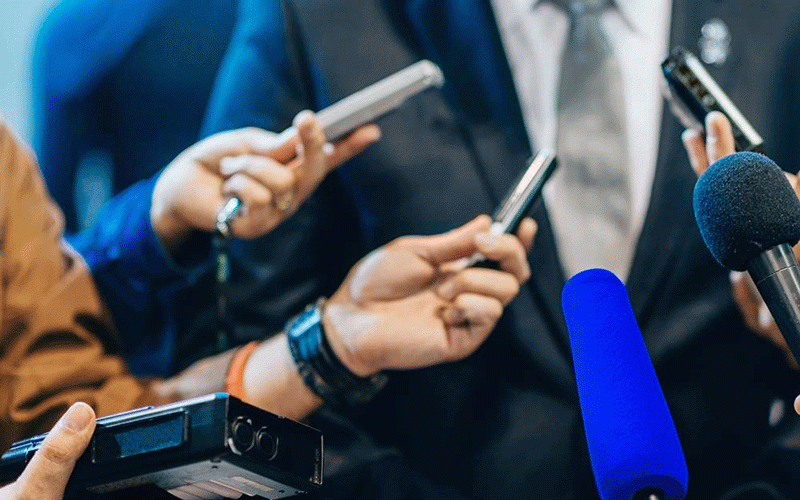
In recent years, the media has been under intense scrutiny. Perhaps it’s because of the rise of fake news or because of the perception that the media has a political bias.
But whatever the reason, the media has lost some of the public’s trust.
This is where PR professionals can step in and help restore people’s confidence in the media.
One of the first things PR professionals can do is to educate the publics on how the media operates.
Most people don’t understand how news is gathered, verified, and reported.
PR professionals can help explain the process and show how journalists work hard to be fair, accurate, and impartial.
They can also emphasise the importance of fact-checking and using multiple sources to ensure the accuracy of a story.
PR professionals can also encourage transparency in the media.
- Public Relations:
- Public Relations: Artificial intelligence: How technology is transforming PR
- How PR professionals can help restore people's confidence in the media
Keep Reading
This means being open and honest about mistakes and corrections.
When a news outlet makes a mistake, it’s important to acknowledge it and correct it as quickly as possible. This transparency helps build trust with the public and shows that the media is committed to accuracy and fairness.
Another way PR professionals can help is by promoting diverse voices in the media. The media should reflect the diversity of the communities they serve. This means including more women, people of colour, and other underrepresented groups in newsrooms and in the stories they cover.
When the media reflects the diversity of the public, people are more likely to see their own experiences and perspectives represented in the news.
PR professionals can also encourage the media to focus on the issues that matter most to the public.
In a world where clickbait and sensationalism dominate the headlines, it’s important to focus on the stories that have the most impact on people’s lives.
This means covering issues like healthcare, education, and the environment, rather than just focusing on the latest celebrity scandal or political controversy.
One of the most important roles PR professionals can play is to help journalists build relationships with the public.
This means being available to answer questions, provide context, and address concerns. Journalists are often seen as remote and inaccessible, but PR professionals can help bridge the gap and make journalists more approachable.
PR professionals can also help journalists engage with the public through social media.
Social media has become an important tool for journalists to connect with their audiences and share their work.
PR professionals can help journalists use social media effectively and engage with their followers in a positive and constructive way.
Finally, PR professionals can encourage the media to be more proactive in promoting their work. Too often, the media waits for people to come to them. But in proactive reach are.
This means promoting stories on social media, partnering with influencers, and finding other creative ways to get their message out.
In conclusion, the media plays a critical role in our democracy. It’s important that people trust the media to report the news accurately and impartially.
PR professionals can help restore people’s confidence in the media by educating the public on how the media operates, promoting transparency, encouraging diversity, focusing on important issues, building relationships with the public, using social media effectively, and being proactive in promoting their work.
By working together, PR professionals and journalists can help ensure that the media remains a vital and trusted source of information for years to come.
- Lenox Mhlanga is a consultant communications specialist and thought leader with over 22 years of experience in the field. He has worked with the World Bank and blue chip companies, as well as civic institutions in Zimbabwe and the region. Contact him for counsel and training in public relations and corporate communications strategy on mobile: +263 772 400 656 and email: [email protected]







